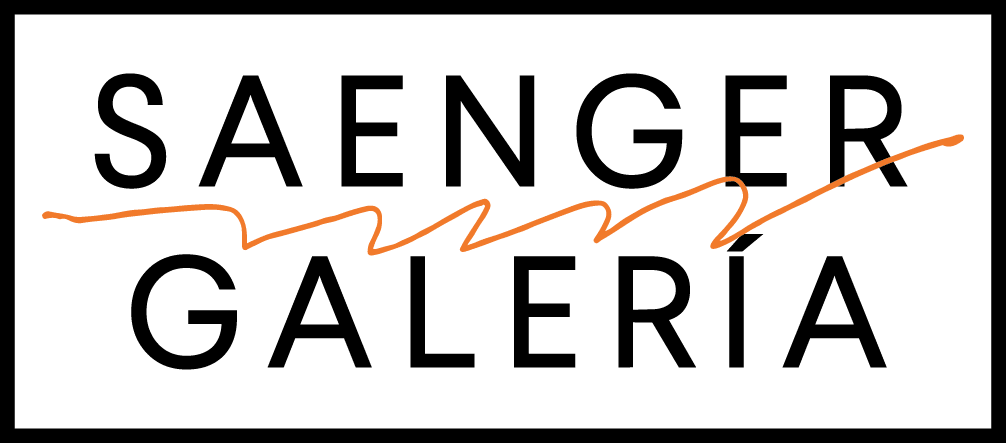Se vende Serie by Alfedo Gallegos Mena: in collaboration with LaNao Galería, curated by Michel Blancsubé
The work of Alfredo Gallegos Mena (Mexico City, 1991) operates through open-ended series that grow over time: vintage matchboxes cut and arranged to form geometric compositions akin to chromatic scores, wooden clothespins disassembled and reconfigured into colorful reliefs, baseball protective masks adorned in a pre-Columbian style, brake pad imprints arranged in concentric rounds on sun-bleached fabrics—these are some of the assemblages Gallegos Mena is composing.
The series exhibited here, created in 2020, holds a peculiar place in Gallegos Mena's work, as it is the only one that tackles a current sociopolitical and ecological issue, in contrast to the aforementioned series that are more rooted in the “aesthetic-seductive realm.”
The avocado is known for its dietary qualities and exceptional oil and vitamin content. In other words, this fruit is good for health and today enjoys phenomenal international success. This overwhelming demand has led to an increase in production and has caused the privatization and disappearance of thousands of hectares of traditional forests. When we add to this deforestation the high water consumption required by this crop and the protection fees imposed by organized crime, we get an idea of the ecological and social disaster that Gallegos Mena’s compositions explicitly emphasize. Made with pieces of dried Hass avocado skins arranged on wooden boards, eight of the twelve paintings display words related to the theme: the avocado shares the nickname "green gold" with the dollar; Tucumán in northeastern Argentina, Petorca in the province of Valparaíso in Chile, and La Libertad, one of the twenty-four departments of Peru, are the main production and export areas of the fruit, known as palta in South America. Mexico produces one-third of the world's available avocados, and 80 percent of this production comes from Michoacán. The law in this state only allows the conversion of forest land to agricultural use when trees on certain lands are felled or burned. It’s easy to imagine the expedient solution chosen by those seeking to profit from the success of this fruit.
Recently, the artist has felt the need to distance himself from the scandalous aspects of avocado culture summarized in the textual part of the Oro Verde series, wishing for his work to move away from any form of artistic exploitation of political and social disorder and refocus on the creative act and the craftsmanship required for its realization. To mark this decision, he drafted a contract with a lawyer offering a third party the right to develop a new series of compositions using different words from those in this first series. This conceptual stage represents an ethical turn in Alfredo Gallegos Mena's career, which would be a mistake to underestimate.
— Michel Blancsubé
Photography by: Enrique Murguía



